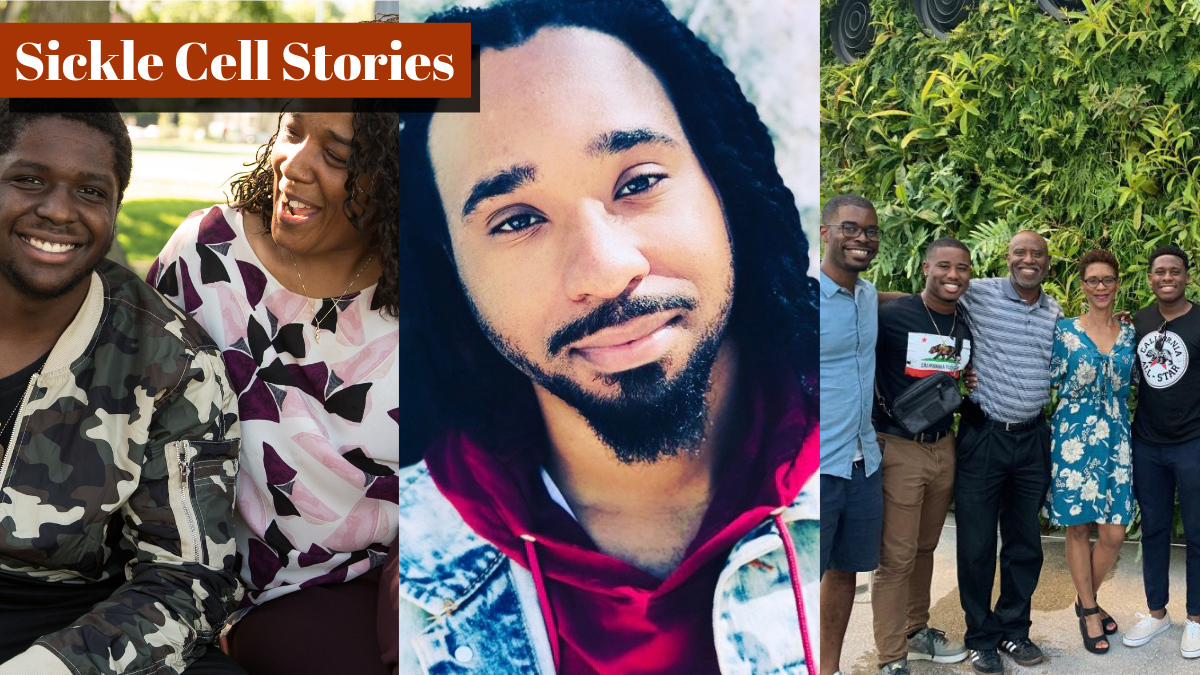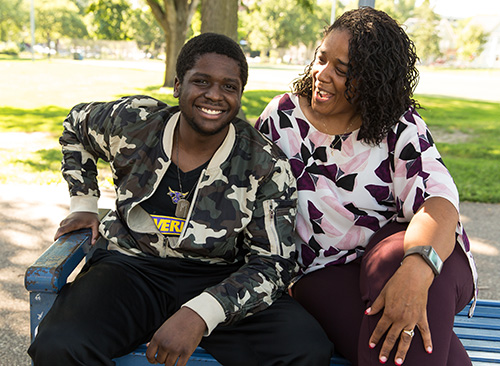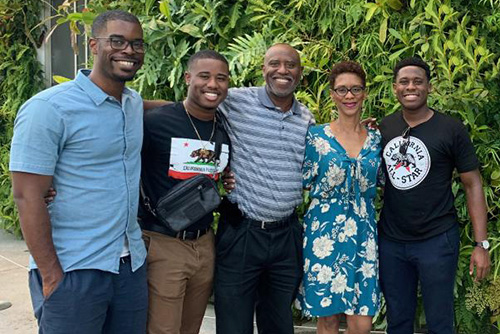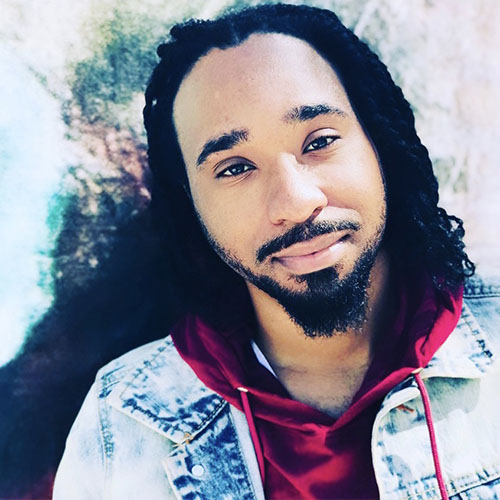Caregivers and Sickle Cell Disease

Caring for a loved one with sickle cell disease? You are not alone!
Caregivers are responsible for the physical care and emotional support of those unable to care for themselves due to illness, injury, or disability (a condition that affects major life activities).
The challenges of caring for a loved one with a chronic disease, like sickle cell disease (SCD), can be isolating and overwhelming. Life as you know it ends, and you begin to spend all of your time and energy caring for your loved one. For many, however, caregiving is also a rewarding experience, bringing family members closer together.
Learn the Effect Sickle Cell Disease Has on Family Members & Caregivers
Sickle cell disease (SCD) is a blood disorder present at birth. People with SCD have “sickle” shaped red blood cells that stick together and block blood and oxygen from reaching all parts of the body, leading to health problems such as pain, anemia, injections, and stroke. Approximately 100,000 Americans are affected by SCD. CDC is committed to studying SCD to improve the health and care of people with this condition.
Below we share short vignettes (or snippets) from real life stories of two caregivers of young adults with SCD, as well as the perspective of a young adult with SCD and the effect his condition had on his caregivers. Their experiences help shine a light on the:
- Role of caregivers;
- Effect SCD has on a caregiver’s life;
- Struggles and challenges faced by caregivers; and
- Ways caregivers have overcome challenges in order to keep their family safe and healthy.
To read the full stories for each of these people, click the links provided below in each vignette.
Vignettes

Rae shares how her son’s SCD diagnosis impacted her career, her relationships, and how she became a partner in his care. Read her full story.
“I finally met a man who was on track to be older than the age they [doctors] gave me for how long my son would live. When he talked to us, he didn’t talk to us from a sense of hopelessness. He talked to us about living life, enjoying life, and the reality that we would have challenges, but how we view those challenges could not take away from the life that we were still meant to live. It was a level of hope that I had not allowed myself to have up to that point. Up until then, all I thought about was that SCD was a disease that was going to kill my child, and it was devastating. That encounter changed the course of my life and my son’s life. I truly believe that my son is still alive because of that conversation.” Read Rae Blaylark’s story, click here.

Read Shantá’s full story to learn more about how she learned to care for two children with SCD.
When asked how sickle cell disease has affected her family’s life, Shantá, a mom to two young adults with SCD, said, “Sickle cell has been a part of our lives, part of our family dynamic and norm for so long. The demands of sickle cell disease are unpredictable. I’ve had to get comfortable with that in terms of the plans we make (for example, vacation, events). Planning a vacation without travel insurance is not an option for us.” Read Shantá Robertson’s story, click here.

Read more of Lance’s story to learn how SCD impacted him and his family.
According to Lance, no one in his family knew anything about sickle cell disease when he was diagnosed, and it had a devastating impact on his family. “The news altered my family dynamic in a major way. My mom, a nurse at the time, lost her job because she needed to stay home and take care of me. Her career goals were gone. My parents also had a separation period because of the hardships.” Having sickle cell disease also affected Lance’s relationship with his siblings. “Every time I got sick and had to go to the hospital, they [my sister and brother] went to our grandmother’s house. To them, I received special treatment because I needed it and they got less time and attention from my parents. To me, my parents’ focus was always on keeping me healthy, not on my goals and dreams. My parents always saw me as the sick child. But with my siblings, they let them spread their wings.” Read Lance Jasper Jones’ story, click here.
General Resources About Sickle Cell
- Learn more about SCD.
- Learn about becoming more responsible for your health and healthcare needs (transition).
- Sickle Cell Information Center
- Sickle Cell Disease Coalition
- Sickle Cell Disease Association of America, Inc.
- oneSCDvoice
- Sickle Cell Community Consortium
